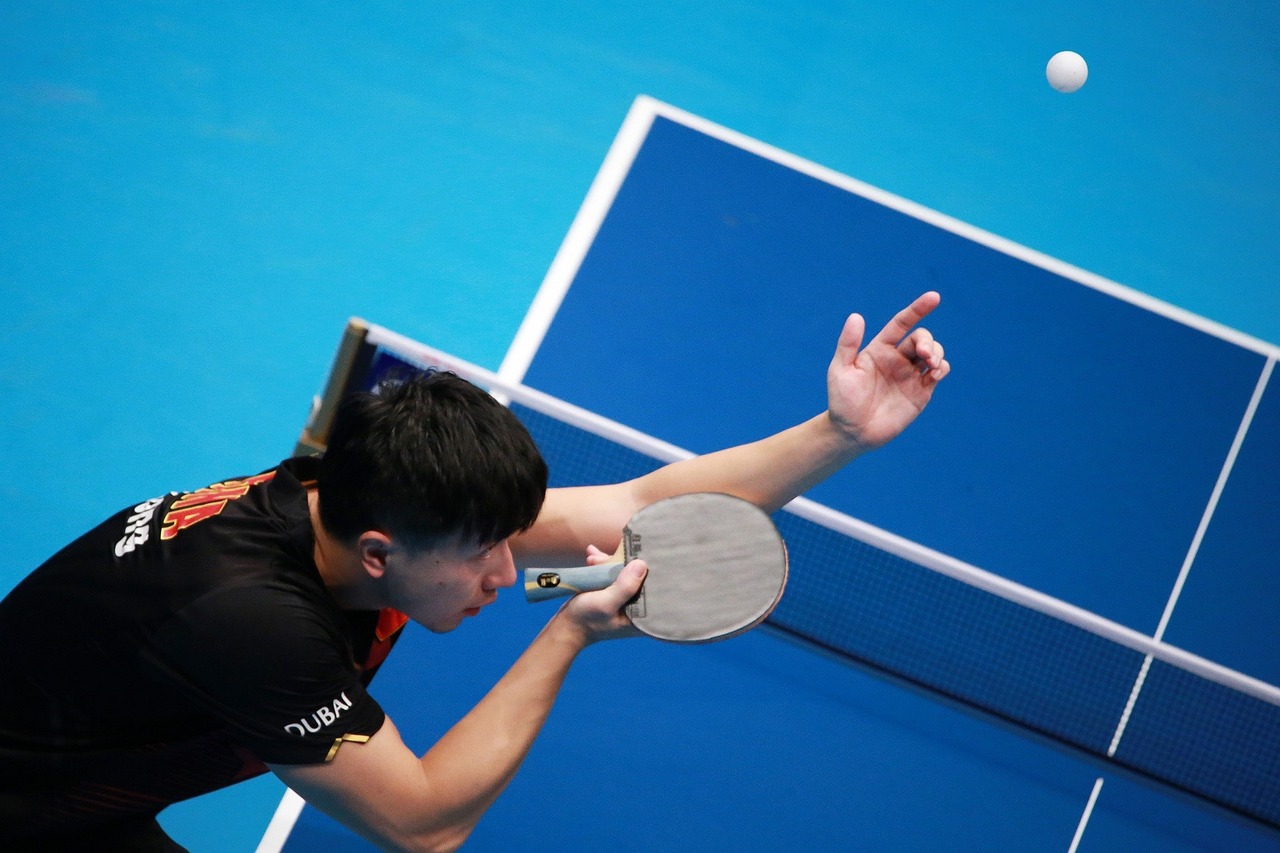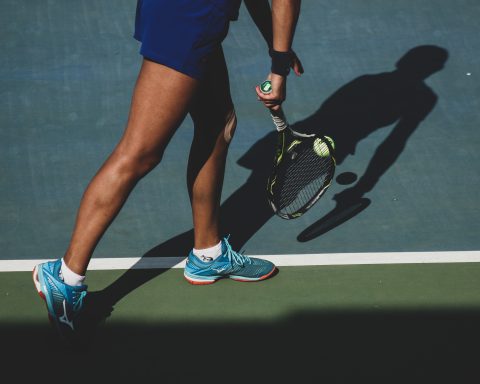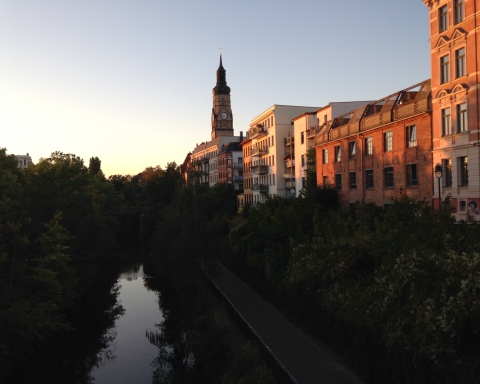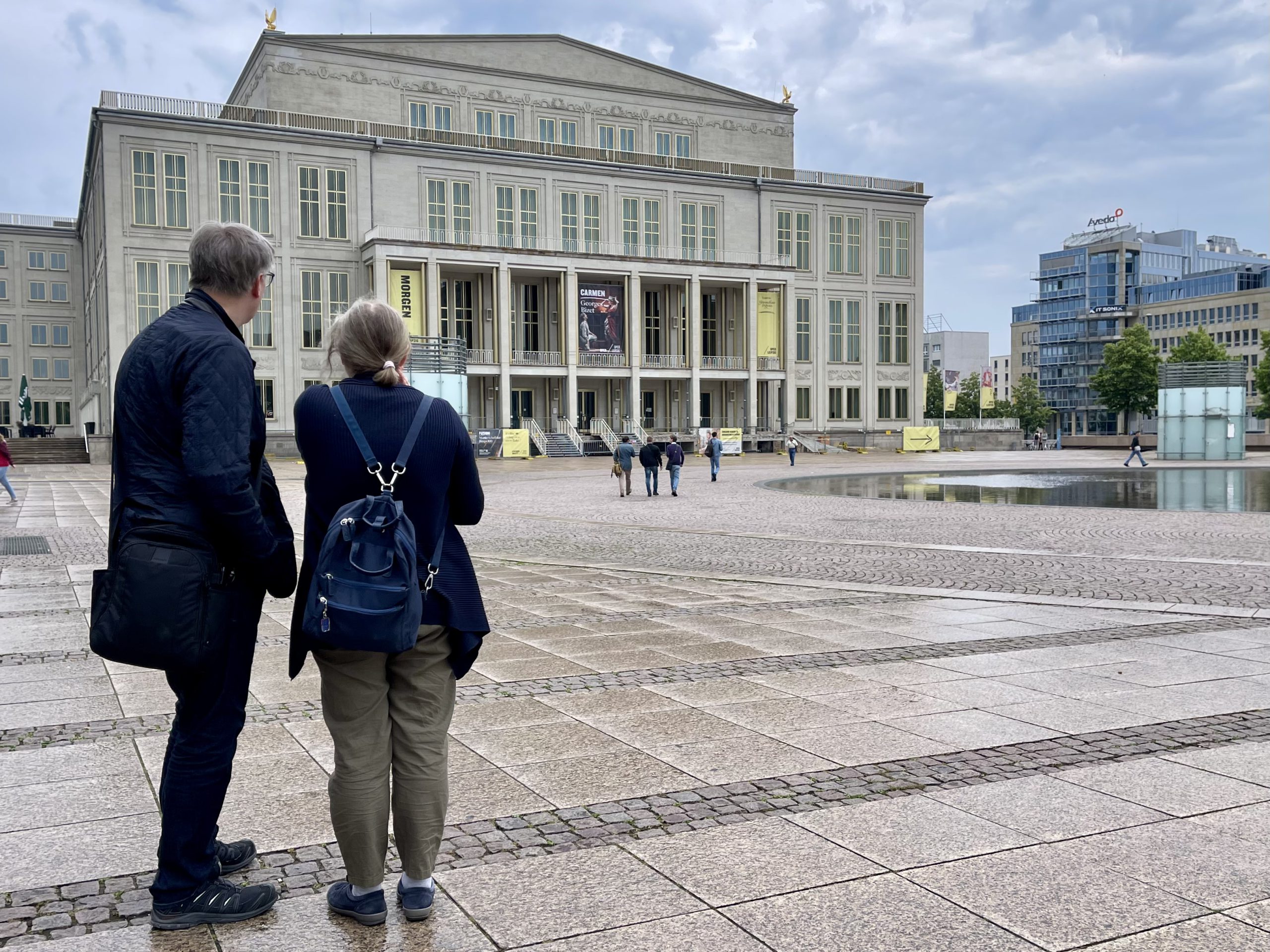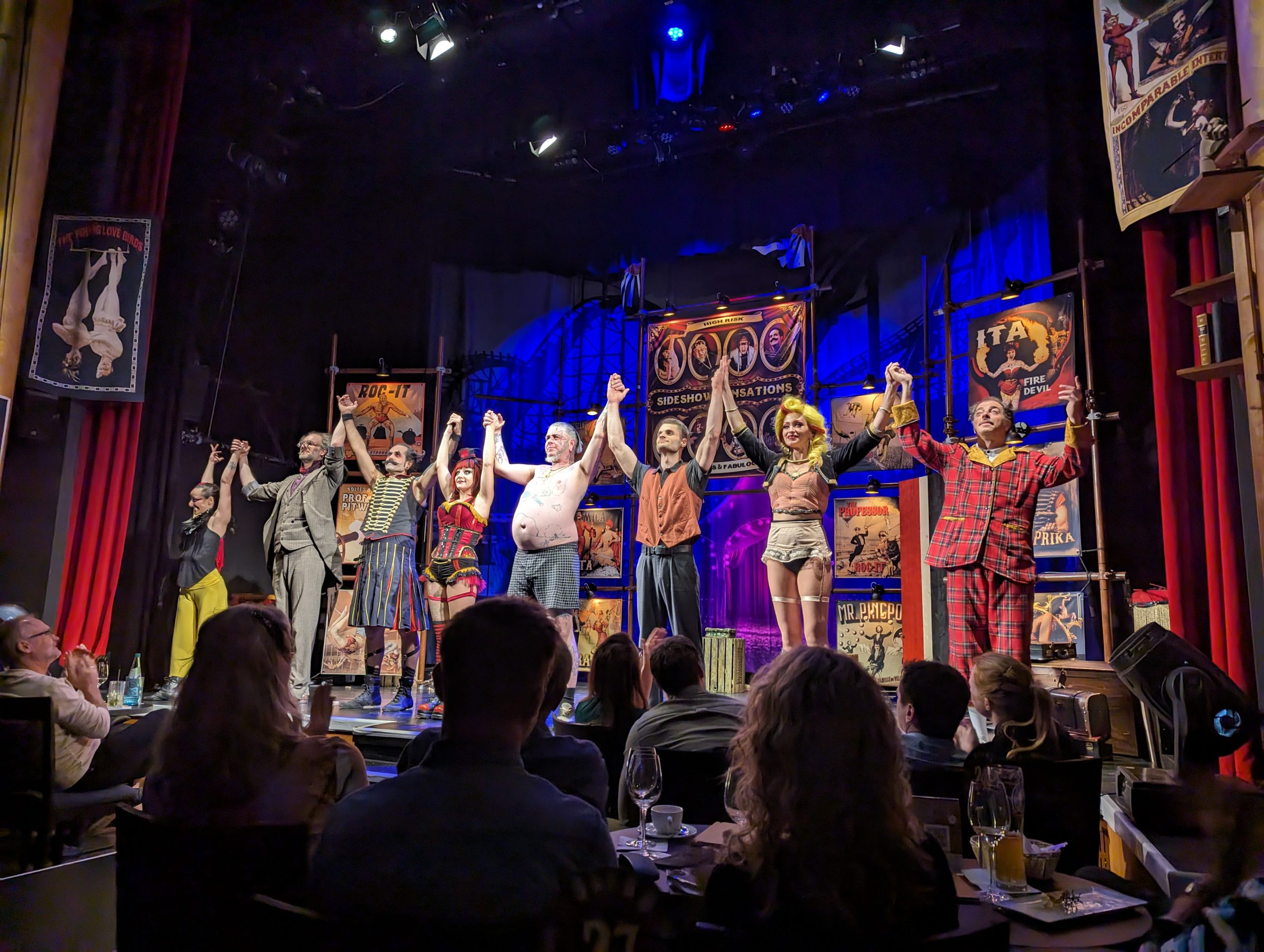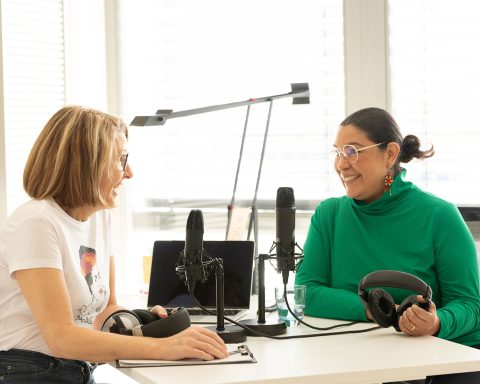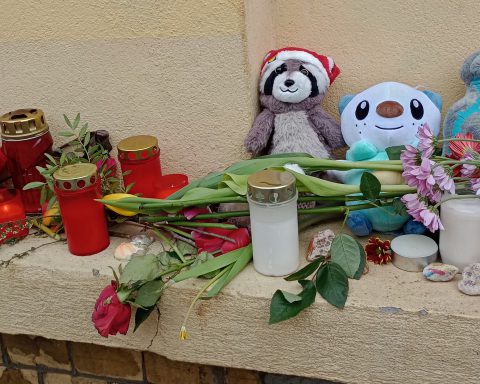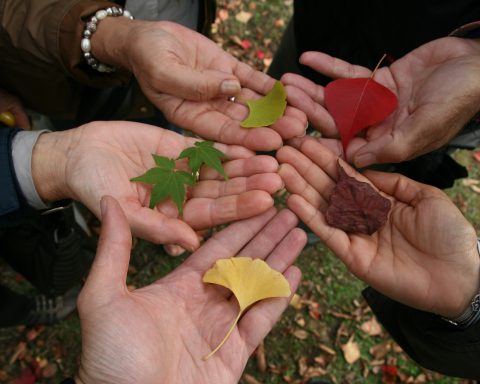Just having fun and boosting one’s health are often cited as major reasons for indulging in sports. Despite these positive vibes, there are also critical voices questioning its beneficial impact on one’s health. “Sport is a killer” is a slogan you often hear when being told about friends returning from skiing holidays or other sports adventures with torn ligaments or twisted ankles. I personally had never experienced those adverse effects until last year, when I felt a stinging pain in my elbow and my upper right arm after playing tennis.
Despite treatment, this pain didn’t really cease, and a predicament of this kind naturally makes one think about alternative sports which are less taxing on one’s bones.
Sometimes you get inspired simply by what you see. This is what happened to me as I was walking through Leipzig’s green parks: I saw people indulging in all kinds of sports there, like volleyball, soccer, frisbee, and table tennis. The last one immediately stirred some positive childhood memories as it made me think back to the ping-pong table in my home’s basement and the numerous matches I had enjoyed with family members and friends back then.
It was that kind of positive memory that made me consider taking up the sport again. With regards to the health issues, I theorized that the relative lightness of a ping-pong ball and its racquet should make the striking of a ball much easier on one’s bones than with tennis.
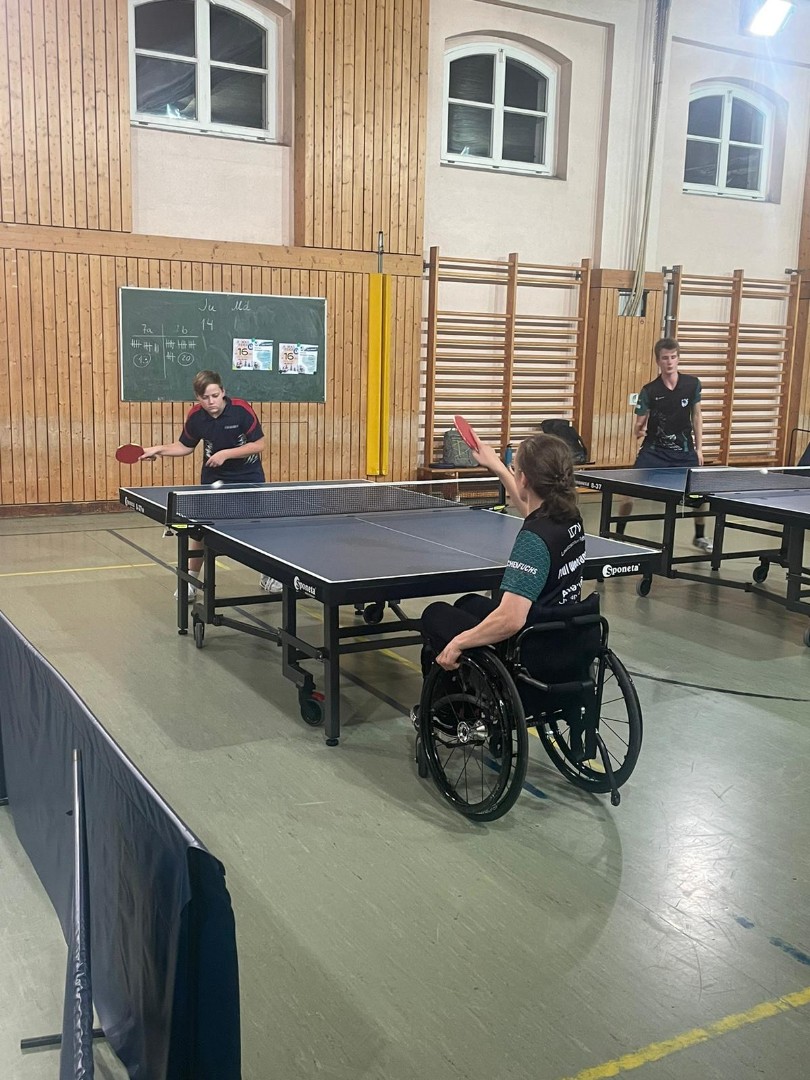
Luckily, I found out that my hypothesis held true because elbow and muscle pains were notably absent when I started to strike the ping-pong ball again at the Leutzscher Füchse, Leipzig’s biggest table tennis club.
With about 250 active members, the Leutzscher Füchse offers an impressive spectrum of activities to players of all different ages and skill levels. They can play and compete on as many as 25 different teams in various local leagues.
However, playing table tennis at the club is not just limited to competitive league players. It also includes hobby players and most notably handicapped players. To understand the club’s level of involvement in that regard, some light needs to be shed on its unique history.
Very little attention had been paid to the needs of handicapped players until, in 2005 the club’s magazine published an article focused precisely on the absence of training structures for those players. With the arrival of the Chilean player Jorge Palma in Leipzig a few years later, efforts to improve this situation really started to intensify.
As one of the first steps, wheelchair-accessible tables and ball carry nets were procured to provide the structure required for such a training.
Having been a coach of the Chilean paralympic team for a number of years, Jorge was able to leverage his know-how to the local sports scene for handicapped players. His training units consist of games and exercises which address the specific handicaps of the players.
“Although currently there is primarily a consistent number of wheel-chair bound players participating in the training, players with other handicaps like Parkinson’s, or even those without handicaps, are quite welcome to join the training as well,” Jorge pointed out, to emphasize the flexibility in this training.
Flexibility also entails a fun aspect, as Jorge explained: “Every participant can decide for himself whether the training should be competitive or more fun-oriented instead.”
Within the context of training for handicapped players, it also needs to be mentioned that there are more than a dozen players with Parkinson’s, called “Parkis” at the Leutzscher Füchse, who are firmly integrated within the club’s hobby group and are quite enthusiastic about practicing there. “Playing ping-pong really addresses everything associated with Parkinson’s, like lack of body balance and slowing reflexes. I definitely feel better afterwards,” Jochen Dreißig revealed, regarding why he as a “Parki” plays the sport.
Simply having fun with table tennis is another priority for them.
“It is good for the soul,” Heiko Rauchmaul, another “Parki,” explained. “It is always good to be successful at a sport but the fun aspect of being able to intermingle with other players is even more important.”
On top of that, it is noteworthy that players with Parkinson’s are not precluded from participating in league plays and even international tournaments. “Having been able to participate and compete at Parkinson’s World Table Tennis Championships has really meant a lot to me,” added Heiko, who finished first in doubles at ITTF’s World Table Tennis Championship in Berlin a couple of years ago.
Given its expanding range of activities, the club has had to make efforts to replace its old, smaller-sized training playgrounds. They are dispersed at three different locations in Leipzig, with a more sizeable indoor training site at one location.
An old cinema building on the Dieskauerstrasse in Kleinzschocher was chosen, and with persistent renovation efforts over the years, the new training facility was able to celebrate its grand opening on April 23rd of this year.
A bigger indoor training facility opens up new dimensions for the training taking place at the Leutzscher Füchse, as the club’s president, Christian Klas, points out:
“Potentially there is more space to add new training groups or programs to the existing youth training.”
According to him, new training programs might be tailored to hobby players or include specialized programs for practicing individual strokes, like a service, forehand or backhand. “However, this is still a vision which requires financial backing for its implementation,” he emphasized.
Table tennis is a sport with many unexpected benefits, I thought to myself when reflecting on my decision to get restarted in the sport after many years.
Being able to play it competitively up to a high age and even as a handicapped player is a benefit factor I never would have envisioned. Even just getting a good workout without feeling the same aching effects on one’s bones as with other ball sports is another advantage that is not to be ignored.
With all those benefits, table tennis defies the “sport is a killer” image. So why not give the sport a try at a local club?

